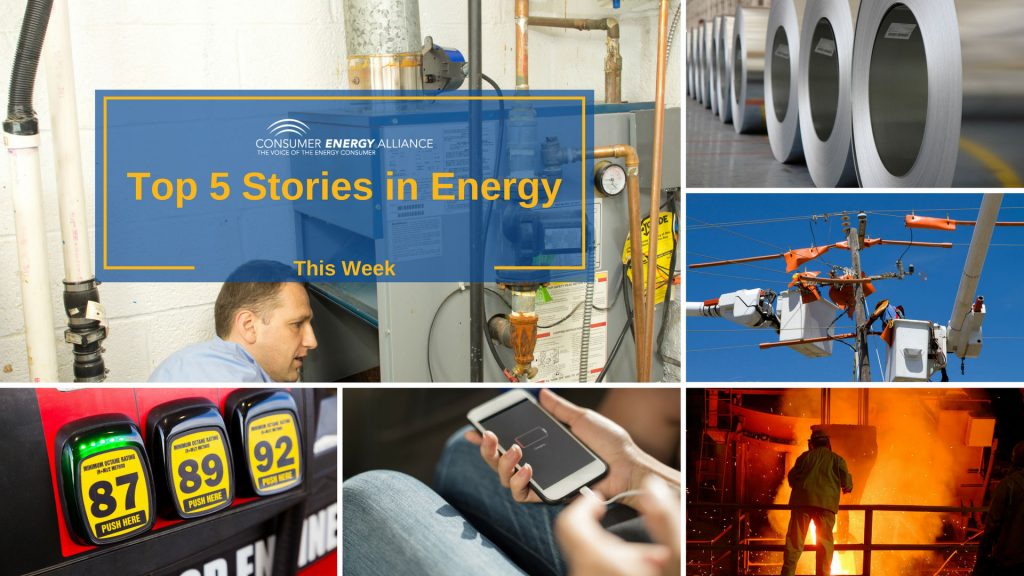This week, we saw the Doomsday Clock change to 1 minute 40 seconds. The cult classic Mean Girls’ Broadway show is coming to the big screen 16 years after its original movie debut. And a preview of this year’s Super Bowl commercials has been released. While these stories and more entertained us all week, we just had to share our favorite energy headlines. As always, if you missed last week’s list, find them here.
The Energy Information Administration predicts that U.S. emissions will continue to drop through 2021.
Carbon related emissions decreased by 2.1% in 2019, and they are predicted to drop another 2% this year, with yet another 1.5% reduction occurring in 2021. If this forecast continues to hold, energy-related CO2 emissions will be at a level we haven’t seen since 1991 – a win for everyone who is following the climate. EIA shares their predictions here.
A shrinking industry sector causes real turmoil for local workers depending on jobs to make ends meet.
Regardless of industry, when business shrinks, jobs are at risk. New technologies will occasionally replace positions, but when communities aren’t able to upgrade before a shutdown, whole families will go without paychecks. Reuters hones in on a local Philadelphia community’s loss.
One of the biggest challenges that the wind energy sector sees is that there is still a lot of waste produced by the industry.
Vestas announced on Monday that it was hoping to create zero-waste turbines within the next 20 years. They are hoping to reveal the new “waste-management strategy” in the next couple of years. From manufacturing, maintenance and operation the waste produced by turbines is projected to hit over 43 million tons by 2050. CNBC provides the solution set by Vestas here.
The 10th Annual National Conference on Microgrids is set for March in Boston.
Microgrids are quickly becoming more mainstream. Pittsburgh airport announced in October of its plan to power their entire property through a microgrid. A California Native American Tribe saved their community’s power amid surging blackouts in the windy, fire ridden state with a microgrid. Learn more about the future of microgrids at the 2020 conference.
The coronavirus – while it sounds like something you’d catch by the beach in Mexico, strangely it could have more significant implications on fuel consumption.
Following the SARS scare in the early 2000s, we saw a drop in fuel consumption. A threat of an outbreak like this leads people to travel less. In other words these result in impacting the transportation sector’s bottom line. S&P Global puts in a bit more perspective here.
